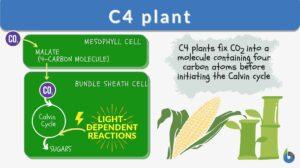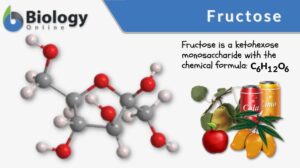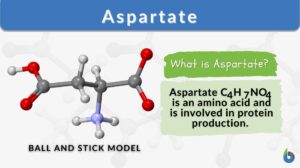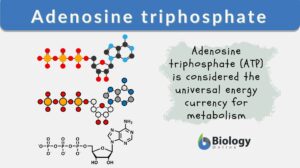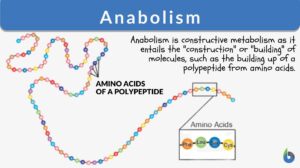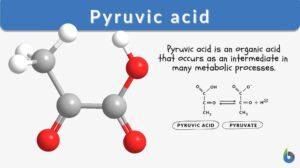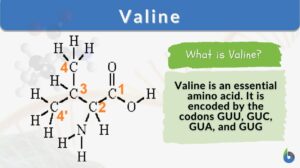Search Results for: metabolic pathway
Glycolysis
What is Glycolysis and Why is it Important? Glycolysis is a metabolic pathway by which the 6-carbon molecule of glucose is... Read More
Cellular respiration
Cellular Respiration Definition What is cellular respiration in simple terms? Cellular respiration can be defined simply as... Read More
Carbohydrate
Carbohydrate Definition A biomolecule refers to any molecule that is produced by living organisms. As such, most of them... Read More
Metabolic pathway
Definition noun A series of chemical reactions catalyzed by enzymes and are connected by their intermediates, i.e. the... Read More
Catabolism
Catabolism Definition Catabolism is the branch of the metabolic process that breaks down complex, big molecules into... Read More
Metabolism
Metabolism Definition What is metabolism in the body? Metabolism encompasses the various biochemical processes, reactions,... Read More
Pentose phosphate pathway
Definition noun (biochemistry) A glucose metabolic pathway in which five-carbon sugars (pentoses) and NADPH are synthesized... Read More
Krebs cycle
Krebs cycle, also known as the citric acid cycle or tricarboxylic acid (TCA) cycle, is a fundamental metabolic pathway that... Read More
Hsk pathway
Definition noun An abbreviation for hatch slack kortshak pathway: a metabolic pathway first determined by Burr and Kortshak... Read More
Monosaccharide
Monosaccharide Definition In biology and biochemistry, a monosaccharide is a simple sugar that constitutes the building... Read More
Hatch-Slack pathway
Definition noun A metabolic pathway first delineated in depth by M. D. Hatch and C. R. Slack (in 1966). In this pathway, the... Read More
C4 carbon fixation pathway
Definition noun A metabolic pathway where CO2 is first added to phosphoenolpyruvate by the enzyme, PEP carboxylase,... Read More
Adenosine triphosphate
Adenosine Triphosphate Definition noun plural: adenosine triphosphates (biochemistry) An organic compound that is... Read More
Protein Activity and Cellular Metabolism
Protein Binding Sites The ability of various molecules and ions to bind to specific sites on the protein surface forms the... Read More
Pyruvic acid
What is Pyruvic Acid? Pyruvic acid is an organic acid that occurs as an intermediate in many metabolic processes. It occurs... Read More
Homeostatic Mechanisms and Cellular Communication
Homeostasis is the relatively stable conditions of the internal environment that result from compensatory regulatory... Read More
C3 carbon fixation pathway
Definition noun A metabolic pathway where CO2 is converted to 3-phosphogylycerate, the first stable intermediate organic... Read More
Endomembrane system
Ever wondered how biomolecules are made within the cell and then they are released outside the cell for use by the body?... Read More
Glyceraldehyde phosphate
Definition noun A phosphate ester of the 3-carbon sugar glyceraldehyde and has chemical formula:... Read More
Anabolic pathway
Definition noun The series of chemical reactions that constructs or synthesizes molecules from smaller units, usually... Read More
Catabolic pathway
Definition noun A sequence of degradative chemical reactions that break down complex molecules into smaller units, usually... Read More
Feedforward control
Feedforward control The process in which one of the products of a metabolic Pathway induces an enzyme which participates in... Read More
Rough endoplasmic reticulum
Rough Endoplasmic Reticulum Definition The rough endoplasmic reticulum (rough ER or rER) is a membrane-bound organelle... Read More







